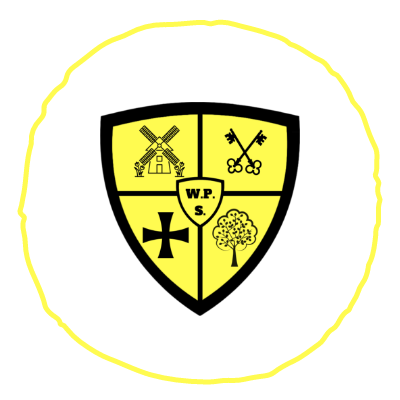History
The aim of teaching History here at Werrington Primary School is to stimulate the children’s interest and understanding about events in the past which have influenced our lives today. History is taught in a creative way and our-topic based approach ensures that history is covered in a lively and interesting manner. By investigating these past events the children develop the skills of enquiry, analysis, interpretation and problem solving. History teaching focuses on enabling the children to think as historians. We place an emphasis on examining historical artefacts and primary sources.
In each key stage we give the children an opportunity to visit key sites of historical significance and visitors are encouraged to come into school to talk about their experience of events in the past. Visitors from the toy museum give our Year 1 children an excellent opportunity to handle and explore toys from the past. Our Year 3 children enjoy a visit to Flag Fen to observe what life was like in the Stone Age and during Roman times. Year 5 children take part in a local study around Werrington which enables them to observe how the housing has changed and a visit from the local history society complements this work. The children also enjoy some interactive historical days at school in which the period being studied is brought to life. Recent Mayan and Viking days being examples of this.
By the end of KS1 our children will be able to:
- show an awareness of the past using common vocabulary and phrases related to the passing of time
- discuss the lives of significant individuals
- ask and answer questions using knowledge gained from other sources to show their understanding of key events in history
- name events and understand changes beyond living memory that are significant nationally or globally
- know where the people and events they study fit into a chronological framework
By the end of KS2, the children will:
- have developed their enquiry skills with a chronological knowledge and understanding of British, local and world history
- have developed a wide, complex vocabulary and the appropriate use of historical terms to describe connections, contrasts and trends across the periods they have studied
- be able to address and devise historically valid questions in regard to change, cause and effect and significant events.
- be able to use a wide range of both primary and secondary sources to form reasoning for historical events and changes.
- understand changes in Britain from the Stone Age to the Iron Age
- have knowledge of the Roman Empire and its impact on Britain
- understand Britain’s settlement by Anglo-Saxons and Scots
- have studied the Viking and the Anglo-Saxon struggle for the kingdom of England to the time of Edward the Confessor.
- have undertaken a local history study
- studied an aspect of a theme in British history that extends pupils' knowledge beyond 1066
- know about the achievements of the earliest civilizations
- studied Ancient Greek life and achievements and their influence on the Western World
- learnt about a non- European society that provides contrasts with British history


